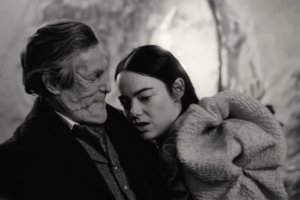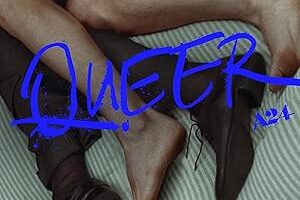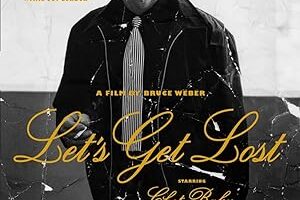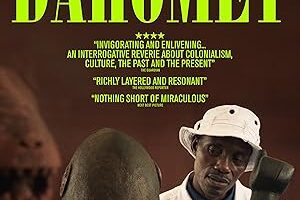Tropic Sprockets / Poor Things
By Ian Brockway
 The uncompromising Yorgos Lanthimos has a phantasmagoric hit on his hands with “Poor Things,” an interpretation of Mary Shelley’s Frankenstein (1816). [Showtimes and trailer at Tropiccinema.com.]
The uncompromising Yorgos Lanthimos has a phantasmagoric hit on his hands with “Poor Things,” an interpretation of Mary Shelley’s Frankenstein (1816). [Showtimes and trailer at Tropiccinema.com.]
The film is dense, punchy, and political. It is the most ambitious of this director’s films yet, and while it is not easy on the eyes and makes for difficult watching, it is unapologetically poetic and should be applauded in this day and age of McDonald’s Marvel movie making.
The groundbreaking surgeon and scientist Godwin (Willem Dafoe) lives with his creation Bella (Emma Stone) in Victorian London. Bella, although physically in her mid 20s, has the innocence of a child or a teen. Her brain is picking up stimuli with astonishing speed. She has no filter of courtesy or manners and speaks from raw feeling. An assistant Max (Rami Yousef) is hired and begins to develop feelings for the odd Bella. Bella consents but she has more enthusiasm for a hedonist lawyer Duncan (Mark Ruffalo). Duncan and Bella take off for Lisbon, but Duncan becomes strict, possessive, and demeaning. Bella is infused with free love and liberty without regard for the status quo. Quite literally, Bella is taken with the ideals of Mary Wollstonecraft and A Vindication of the Rights of Women. Bella becomes highly sexualized and works in a house of prostitution. She reads Thoreau and treatises on ethics.
It is at this point that the film becomes confrontational illustrating various sexual positions with residents from a Diane Arbus exhibition, and various menfolk who have curvatures or abnormalities. Bella is without judgment, standing for freedom of expression and creativity, in all its forms. She upholds a carnival of sensation without controlling or domineering men.
Emma Stone gives an outrageous performance as the Feminine ID creation, and she has never been better. This is a performance that will go down in cinema history, and it is the closest adaptation to Frankenstein that has ever been depicted on screen in terms of its human envy, its desire, its love, and its hate.
The film is sincerely free in its subversion of organized religion and though it is displeasing to the eye in its gouts of blood and deformities, it calls for an eradication of cinematic tradition, and visual judgments of any kind. There are many cues from past masters including Terry Gilliam, David Cronenberg, Warhol, and John Waters. The macabre visual outrageousness, the deep greens, and blues over gouts of red blood, challenges the aesthetic sensibility of what cinema is and should be, especially in its depiction of sex and language. The very film itself stands for liberty and boundless freedoms without definition or expectations. Within the screams and the poetic quips of Bella herself there is a poignant yearning for more savage play and a call for a new language: formless, feminine, and free.
Write Ian at [email protected]om
[livemarket market_name="KONK Life LiveMarket" limit=3 category=“” show_signup=0 show_more=0]




Extraordinary review. I’ll be sure to see it.